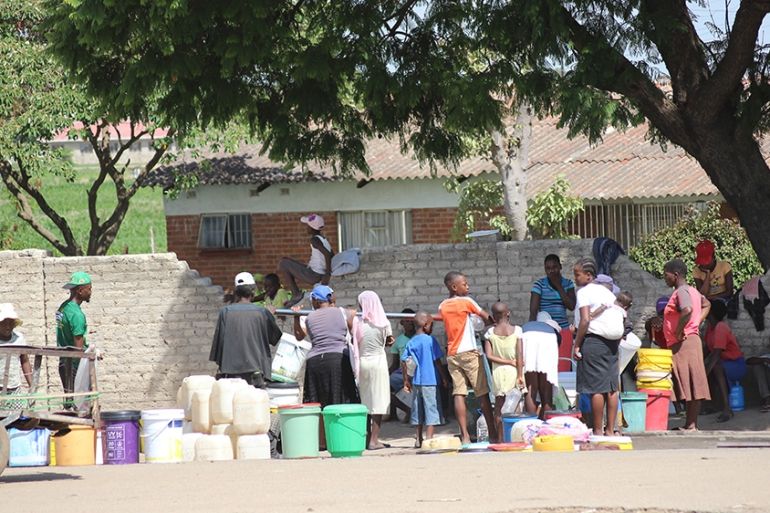
Nyashadzashe Ndoro- Chief Reporter
A dispute over control of a mining operation in Kadoma has resulted in a High Court dismissal, with the court finding critical errors in the application for a spoliation order.
The High Court of Zimbabwe dismissed an application for a spoliation order filed by Swimming Pool & Underwater Repair (Private) Limited against Jameson Rushwaya and Annie Rushwaya.
The case, concerning mining operations at Glencairn Mine in Kadoma, was dismissed by Justice Siyabona Paul Musithu on March 12, 2025, due to the applicant's procedural error in seeking a "provisional" spoliation order.
The legal battle originated in January 2018 when Swimming Pool & Underwater Repair (Private) Limited filed an ex parte urgent chamber application alleging unlawful dispossession from Glencairn Mine, a venture where both the applicant and the respondents held interests. The applicant claimed peaceful possession of the mine since April 2016 and accused the Rushwayas of taking the law into their own hands.
Initially, the High Court granted a provisional order in January 2018, interdicting the respondents from interfering with the applicant's possession and ordering the restoration of the status quo. This provisional order was later confirmed in default in February 2018 after the respondents failed to file opposition.
However, the respondents successfully applied for condonation for the late filing of an application for rescission of the default judgment, and the rescission itself was granted by Justice Happias Zhou in March 2024. This set aside the previous confirmation order and allowed the matter to be heard on its merits regarding the confirmation of the initial provisional order.
Related Stories
In his judgment delivered on March 12, 2025, Justice Musithu addressed preliminary points raised by the respondents, including an argument about the applicant's legal representation, which was ultimately dismissed by the court.
The core of the dismissal, however, rested on the nature of the relief sought by the applicant. Justice Musithu cited Supreme Court precedent, particularly the case of Chiwenga v Mubaiwa, which established that a spoliation order, being final in effect, cannot be granted as an interim or provisional order based on a prima facie right.
Justice Musithu stated, "From the above dictum, the applicant could not competently sustain a claim for spoliation order on the basis of a provisional order. The standard of proof required in respect of a spoliation order is different from what must be established in respect of a provisional order.
"The court could not be invited to confirm that which the applicant was not legally entitled to by way of relief right from the outset. The application was a nullity in the eyes of the law. It was doomed from the outset."
Referring to further legal authorities, Justice Musithu concluded that the "grave irregularities" of seeking a provisional spoliation order rendered the application "not only incurably defective, but it was also wrong and bad in law," warranting its dismissal rather than being struck off the roll.
Regarding costs, the court ordered that the applicant, Swimming Pool & Underwater Repair (Private) Limited, shall bear the respondents' costs of the suit on an ordinary scale.
The applicant was represented by Mr R. Kadani, while the respondents were represented by Advocate M Ndlovu and Mr V Masvaya.



















Leave Comments